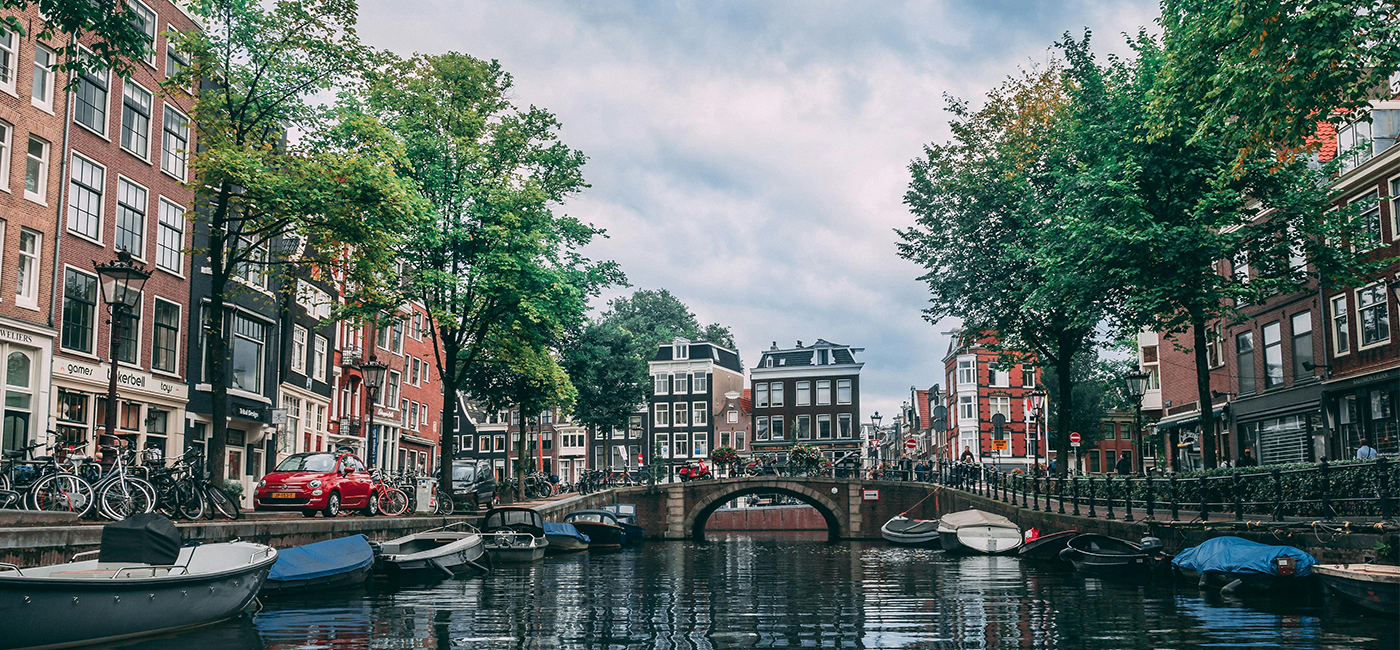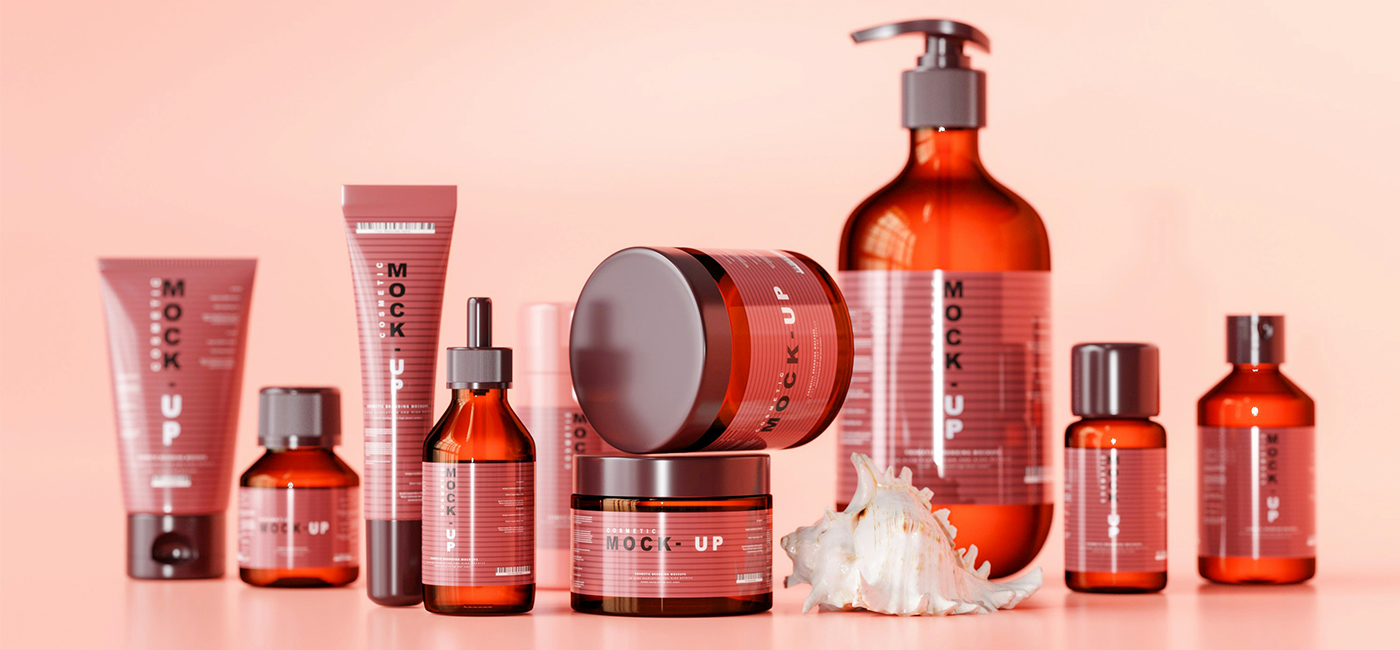Articles / UWWTD / Water pollution / Water technology
Cosmetic Industries and the UWWTD
Cosmetic Industries and the UWWTD
August 4, 2025
Cosmetic Industries and the UWWTD
The European Union’s Urban Wastewater Treatment Directive (UWWTD) has played a pivotal role in environmental protection for over thirty years.
With growing concerns about sustainability and pollution, an updated version of the UWWTD is now being enforced, introducing stricter regulations on pollutants entering water systems. This shift will have profound implications across various sectors, particularly in cosmetics and the personal care industries.

The revised Urban Wastewater Directive introduces more stringent standards for wastewater treatment.
Impact of the New UWWTD Directive on the Cosmetic Industries
The European Union’s Urban Wastewater Treatment Directive (UWWTD) has been a cornerstone of environmental protection for over three decades. However, with increasing concerns about sustainability and pollution, a new iteration of the UWWTD is being implemented. This directive imposes stricter regulations on pollutants entering water systems, significantly impacting various industries, including cosmetics and personal care.
Key Changes in the UWWT Directive
The revised UWWTD introduces more stringent standards for wastewater treatment, focusing on reducing pollutants such as microplastics, chemicals, and other harmful substances. The directive emphasises the need for:
- Enhanced Treatment Processes: Industries are required to adopt advanced treatment technologies to reduce the discharge of pollutants.
- Monitoring and Reporting: Businesses must regularly monitor and report their wastewater emissions, ensuring compliance with the new standards.
- Polluter Pays Principle: Companies are accountable for the costs associated with treating the pollutants they introduce into the water systems.
How the Cosmetic Industries are affected by the new UWWTD.
A significant aspect of the new directive is the emphasis on Extended Producer Responsibility (EPR). This policy holds manufacturers accountable for the environmental impact of their products throughout the product lifecycle, including post-consumer waste management.
The cosmetic and personal care industries are particularly affected by the directive due to the nature of their products, which often contain microplastics and chemical additives.
The European Commission has mandated that 80% of the clean-up costs of pollution will be directed at the Pharmaceutical and Cosmetic/Personal Care industries. The European Commission anticipates the costs will be in the region of €1.2 billion per year for the treatment of micropollutants in the EU, yet there are concerns within these industries that the figures are approximately four times higher than those quoted by the Commission.
Industry Pushback
Whilst the Cosmetics/Personal Care industry is in largely in favour of the Commission’s new regulations to improve urban wastewater cleanliness, industry leaders dispute the original Impact Assessment figures.
Cosmetics Europe, the European trade association for the EU cosmetics and personal care industry, question the legitimacy of the original Commission findings, and believes that the UWWTD ‘overestimates the contribution of cosmetics to the toxic load in urban wastewater by at least 15 times.’
In addition, the cosmetic industry is also pushing back against the directive, arguing the following:
- Economic Burden: The costs associated with compliance may be prohibitive for smaller companies, leading to potential market exits.
- Technological Feasibility: Some businesses claim that current technology does not adequately support the required changes, making compliance challenging.
- Global Competitiveness: There is a concern that stringent regulations may place European companies at a disadvantage compared to international competitors with less rigorous standards.

The new UWWTD holds cosmetics manufacturers accountable for the environmental impact of their products
Potential Changes the Cosmetic Industry Could Implement to Navigate the UWWTD
With increasing pressure to adhere to the UWWTD regulations, the cosmetic industry must consider innovative strategies to remain compliant while continuing to thrive. Here are some potential changes the industry could implement:
- Reformulation of Products: Companies need to reassess and reformulate products to minimise harmful components that contribute to water pollution. By incorporating more plant-based, biodegradable ingredients, cosmetics companies can reduce the potential for harmful chemical discharge into waterways.
- Supply Chain Adjustments: The need for environmentally friendly raw materials may necessitate changes in supply chain strategies.
- Educational Campaigns: Launching campaigns to educate consumers about the importance of sustainable practices in the cosmetic industry can foster a culture of environmental responsibility. By highlighting the steps taken to reduce environmental impact, companies can enhance their brand image and consumer loyalty.
- Incorporating on-site Treatment Facilities: Investing in on-site wastewater treatment facilities can allow cosmetic manufacturers to manage and treat their wastewater before it enters municipal systems.
How Arvia can help
Arvia’s industrial wastewater treatment specialists create solutions that helps businesses to comply with the required water discharge legislation.
Arvia’s onsite Nyex™ Treatment Systems provide an industrial wastewater treatment solution in various applications relating to wastewater discharge, wastewater recycling and source water applications around the world.
Arvia’s design specialists optimise each system to preferentially treat the micropollutants found in wastewater streams, enabling the treated water to meet individual discharge regulations. In most cases, treated water is also safe for reuse as process water within the business. This saves utility costs and boosts positive Corporate Social Responsibility as pressures rise in relation to sustainable operations.
Nyex™ systems can be installed as a standalone treatment or retrofitted into an existing treatment train. The modular, flexible design ensures can be turned on and off according to demand, therefore Nyex™ water treatment systems offer flexibility to meet variable loading over time and accommodate future expansion.
Arvia’s water treatment products are modular in design and can fit in small spaces to address a particular pollutant in the effluent.
Arvia have fully equipped laboratories and their water treatment experts can help companies with optioneering to determine the best course of action for adhering to specific water treatment targets.
Conclusion
The new UWWTD directive represents a significant shift toward more sustainable practices in the cosmetic and personal care industries. While it poses challenges, it also offers an opportunity for innovation and leadership in environmental stewardship. As the industry adapts, collaboration and proactive engagement with regulators will be crucial in navigating these changes successfully.
